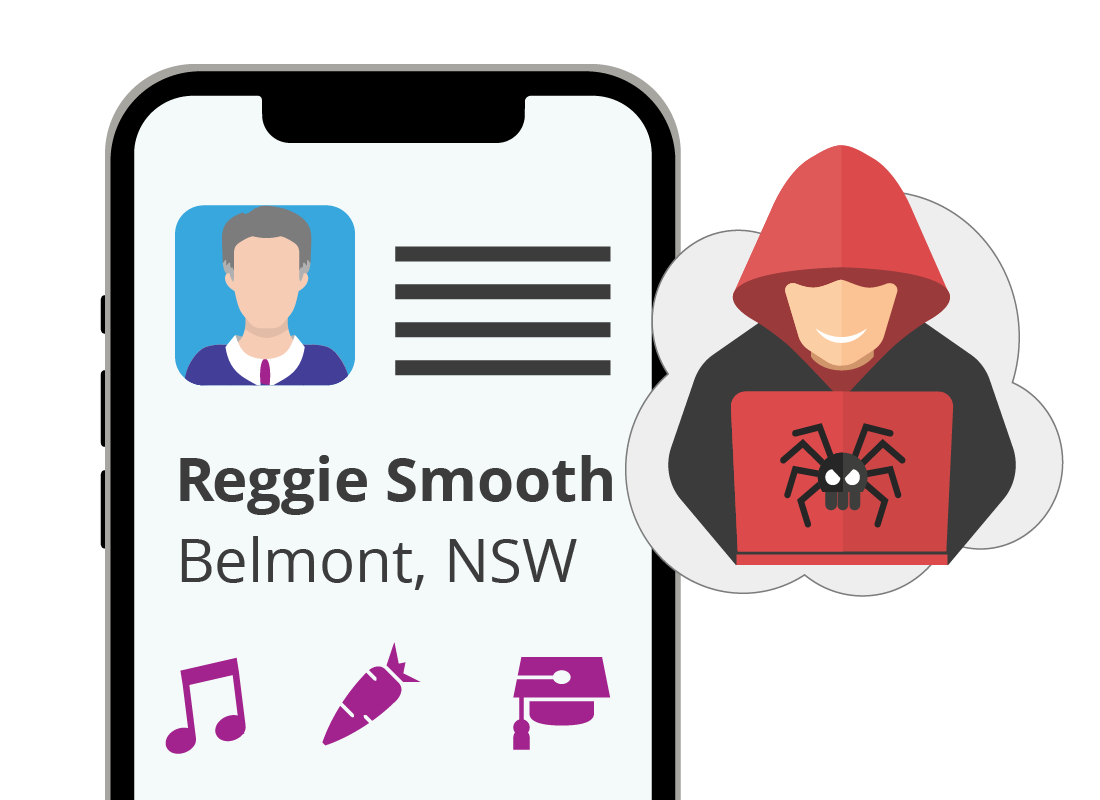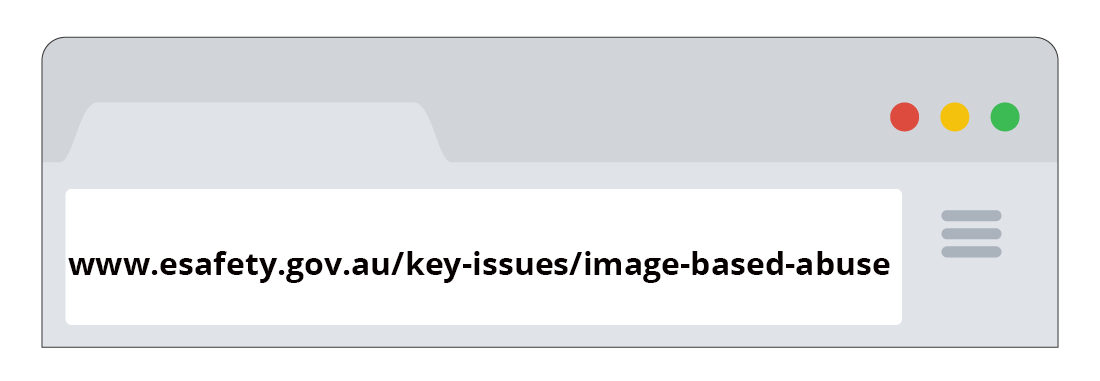Protecting yourself from romance scams
Protecting yourself from romance scams

What's coming up?
In this activity, you’ll learn how to avoid romance scams by keeping a few things in mind. Dating and relationships online are normal and can lead to life-long partnerships, but it’s important to always be aware of the possibility of a scam.
Start activity
Romance scammers are patient
Most other scams, such as phishing or investment scams, rely on the victim’s inattention or on them making a quick decision. Romance scammers, on the other hand, are very patient and will work on their victims for weeks or even years.
These scams work by manipulating your feelings and relying on your natural and normal trust in a person who you think of as a friend or something more.

It’s easy for scammers to lie online
Always keep in mind that when you are online, a person whom you’ve never met face-to-face can make themselves appear to be anything or anyone they choose. They will use other people’s photos, personal details, and even fake videos and social media accounts to support their false identity.
Watch out for sudden declarations of love
While it’s normal for people to fall in love online, sometimes even before they meet in real life, you should be suspicious if your contact seems to fall in love suddenly or make grand statements about how you are their true love.
Scammers can also tailor their story to match your own life experience, so you should be suspicious if they seem to have gone through identical tragedies and challenges.


Be suspicious of encrypted messaging apps
Romance scammers prefer to message back and forth with you using a platform or app that encrypts the conversation. This makes it impossible for authorities to access the conversation. These include apps like WhatsApp, Telegram, and Discord.
These messaging services allow the scammer to cover their tracks, if you ever accuse them of being a scammer or report them to authorities.
Insist on meeting in real life
If you are romantically interested in someone you’ve met online, and they repeatedly refuse to meet, you should be suspicious.
Scammers have an endless list of possible excuses for why they can’t meet up, and most will also claim technical issues that make it impossible to chat over video.
If this behaviour continues after you’ve made multiple requests, you should cease contact.


eSafety tip
If someone you’ve never met asks you for money, or to purchase something, or receive money/goods on their behalf, you should cease contact immediately. Receiving money or goods can be a form of money laundering, which is a criminal offence.

Intimate photos can be used for blackmail
Romance scammers sometimes elicit intimate images and videos from their victims. They then use those images or videos to blackmail you, by threatening to send them to your family and friends. This is a form of image-based abuse.
What to do if you're being blackmailed
If you find yourself in this situation, the best thing to do is:
- Don't pay or negotiate with the scammer as this often leads to more threats and demands
- Stop all contact with the scammer who is blackmailing you
- Take screenshots of the communication so it can be used as evidence against the scammer
- Report the situation to the provider of the app that's being used
- Visit https://www.esafety.gov.au/key-issues/image-based-abuse for more advice and to report the incident.


Well done!
This is the end of the Protecting yourself from romance scams activity. You’ve learned to be suspicious of online acquaintances suddenly professing love, refusing to meet up or chat over video or asking for money.
In the next activity, you will find out how to Report romance scams.